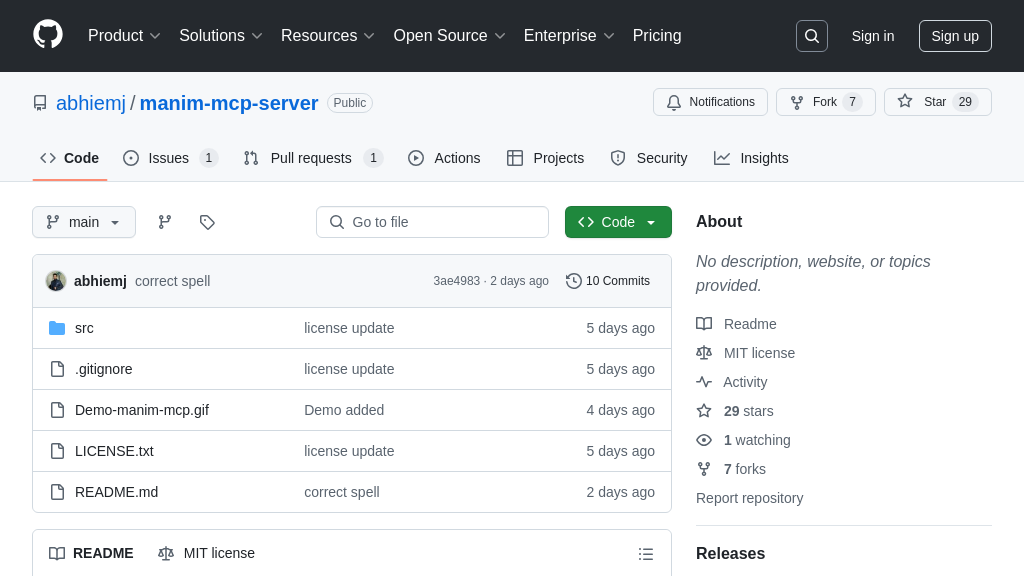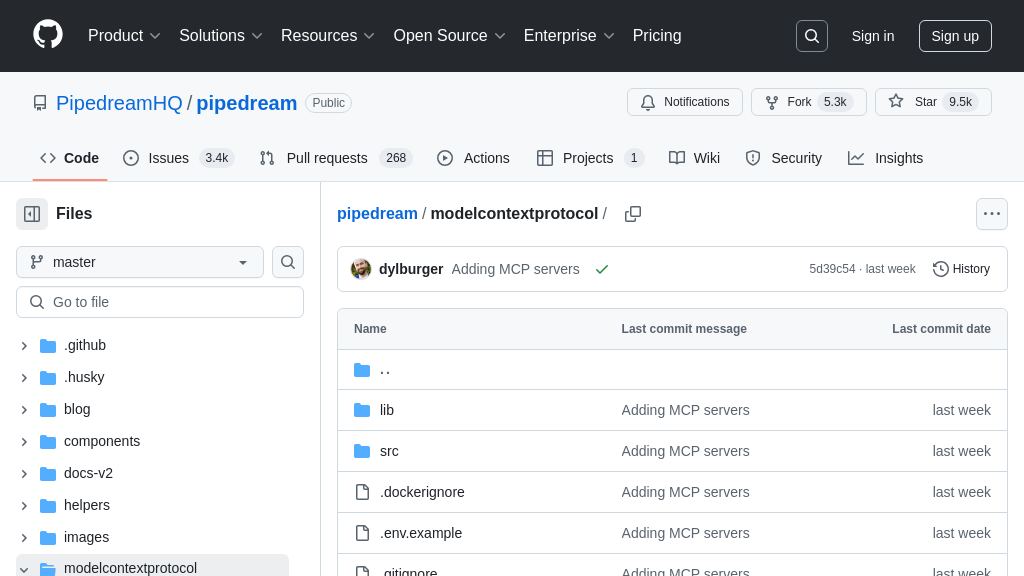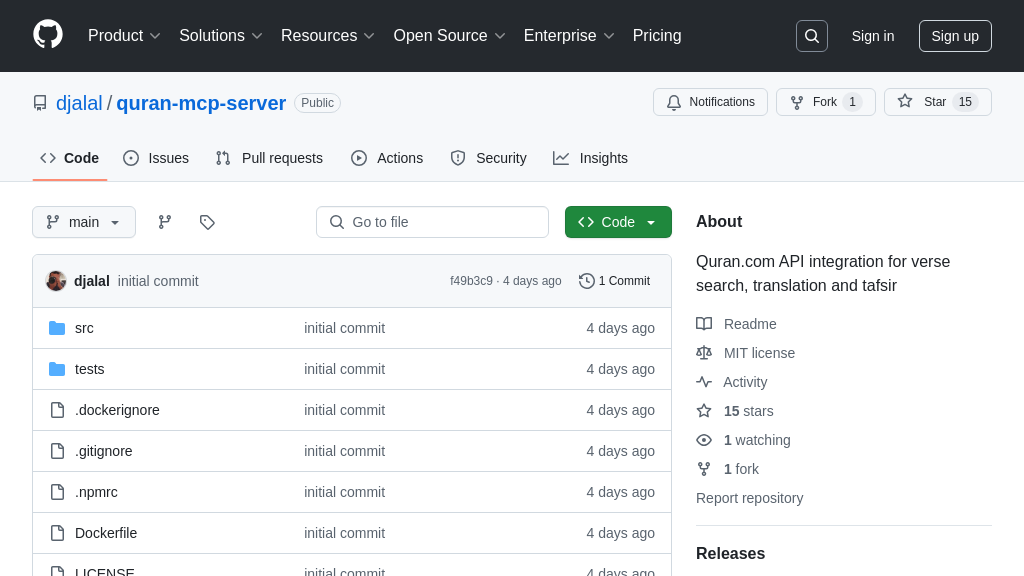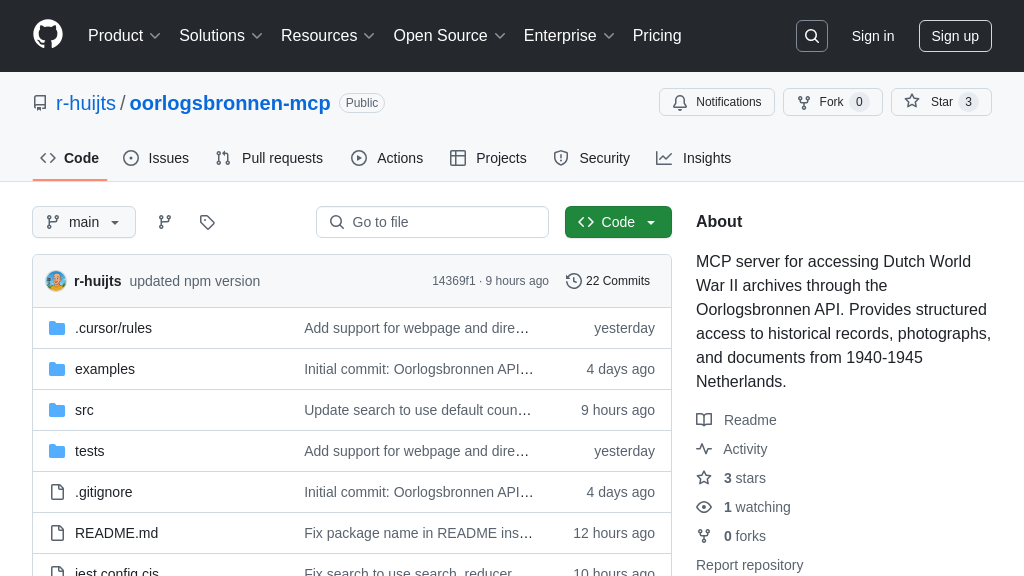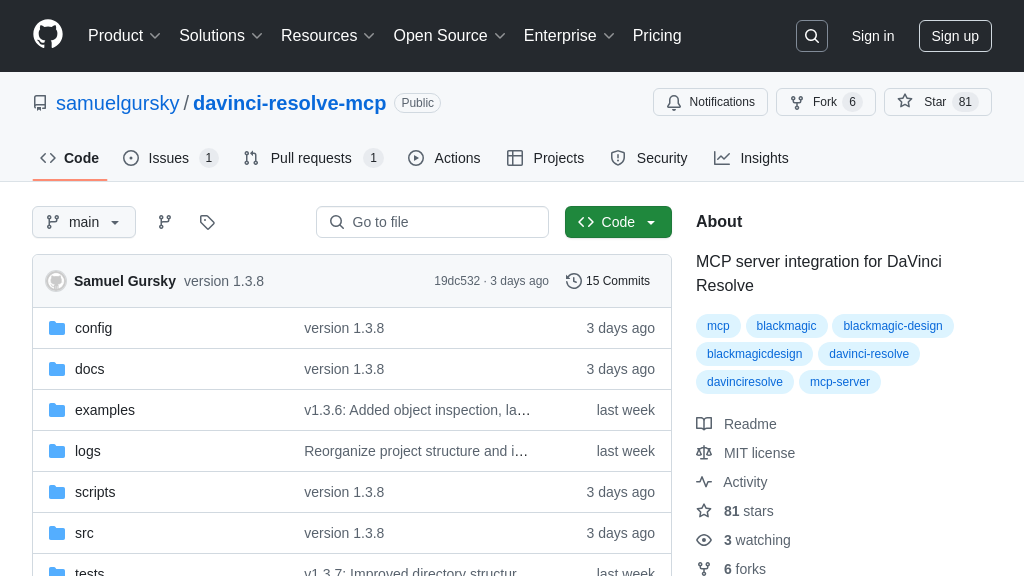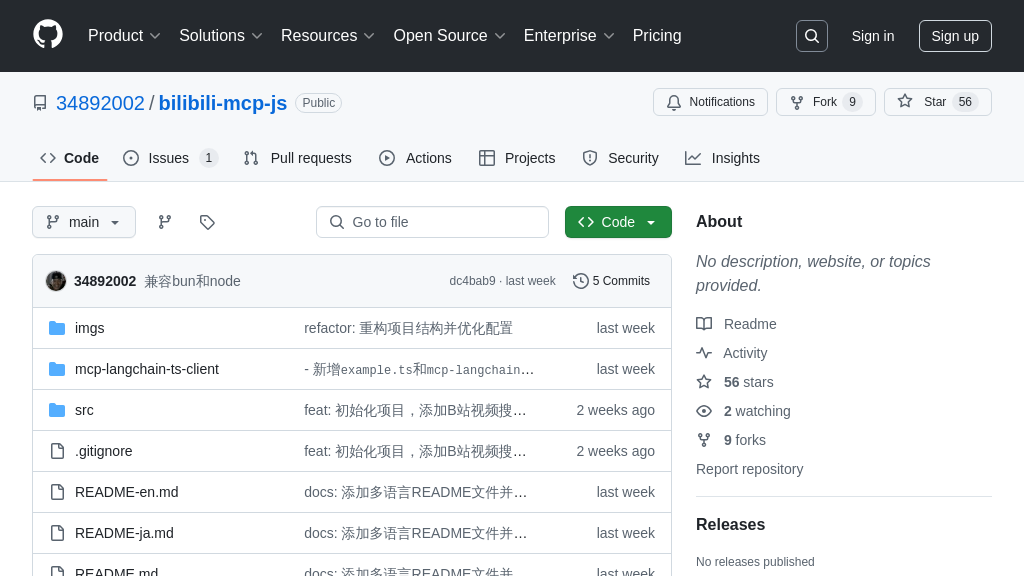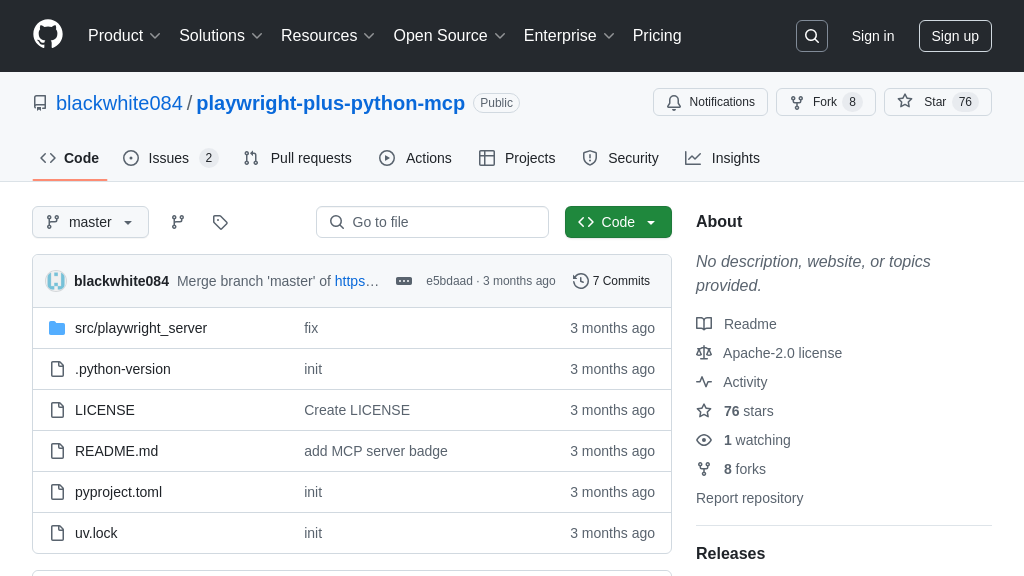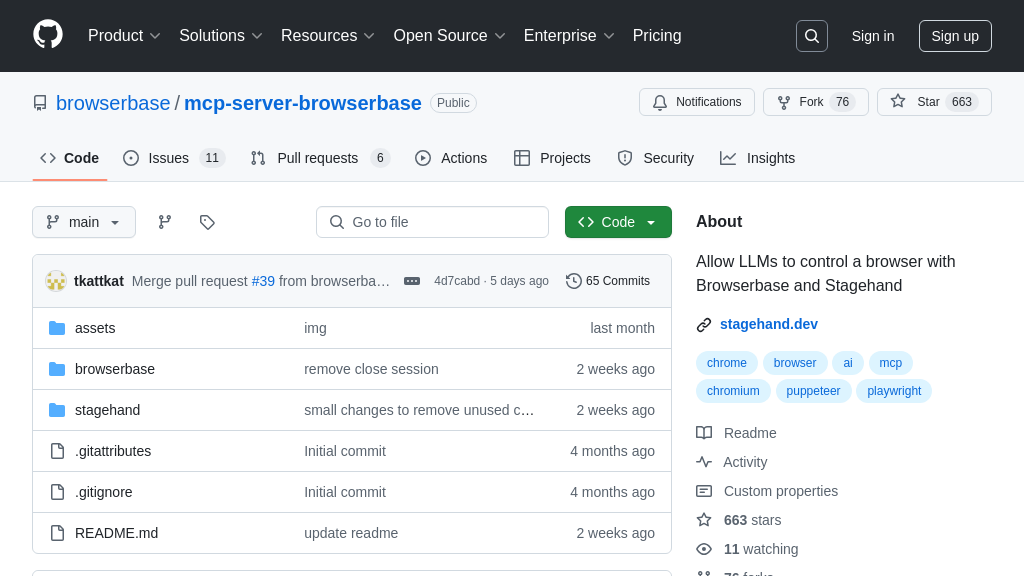google-calendar-mcp
google-calendar-mcp: Seamlessly integrate Google Calendar with AI models via this efficient MCP server.
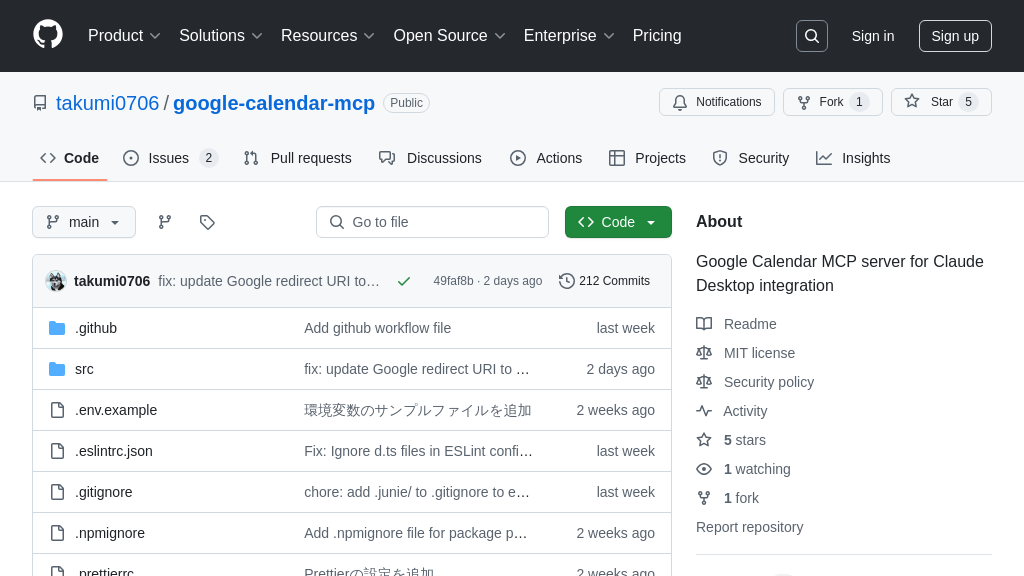
google-calendar-mcp Solution Overview
The Google Calendar MCP server is a vital component of the MCP ecosystem, acting as a bridge between AI models like Claude and the Google Calendar API. This server empowers AI to intelligently manage calendar events through natural language, offering functionalities such as retrieving, creating, updating, and deleting events.
Leveraging the @modelcontextprotocol/sdk, it seamlessly integrates with Claude Desktop using standard input/output for communication. The server securely handles Google API authentication via OAuth2 and employs robust schema validation using Zod to ensure data integrity. Key features include comprehensive event management, color support, and the ability to filter events by time and other parameters.
By using this MCP server, developers can enable AI models to proactively assist users with scheduling, reminders, and calendar organization, significantly enhancing the AI's utility and user experience. This solution simplifies the integration process, allowing developers to focus on building intelligent applications rather than grappling with complex API interactions.
google-calendar-mcp Key Capabilities
Event Retrieval with Filters
The getEvents tool allows AI models to retrieve calendar events from a user's Google Calendar, providing contextual awareness for scheduling and task management. It supports filtering by time range (timeMin, timeMax), calendar ID, and maximum number of results (maxResults). The orderBy parameter enables sorting by start time or last updated time. This functionality allows AI models to answer questions like "What are my meetings next week?" or "What events are scheduled for tomorrow in my work calendar?". The tool enhances the AI's ability to provide relevant and timely information, improving user experience by automating calendar-related tasks.
For example, an AI assistant could use getEvents to fetch all events in the user's primary calendar for the next 7 days, ordered by start time, to help the user plan their week. The technical implementation involves using the Google Calendar API's events.list method, with parameters constructed based on the input received from the AI model via the MCP.
Create, Update, and Delete Events
The createEvent, updateEvent, and deleteEvent tools enable AI models to manage a user's Google Calendar events directly. createEvent allows the AI to schedule new events with details like summary, description, location, start and end times, attendees, and even color. updateEvent modifies existing events, while deleteEvent removes events. This suite of tools allows AI models to act as a personal assistant, scheduling meetings, updating event details based on user requests, or canceling appointments.
For instance, a user could ask their AI assistant to "Schedule a meeting with John Doe for tomorrow at 2 PM to discuss project updates." The AI would then use createEvent to add the meeting to the user's calendar. Technically, these tools utilize the Google Calendar API's events.insert, events.update, and events.delete methods, respectively. The MCP server handles the translation between the AI model's instructions and the API calls, including proper formatting of event details and error handling.
OAuth2 Authentication Handling
The google-calendar-mcp handles OAuth2 authentication with the Google API, ensuring secure access to the user's calendar. It manages the authentication flow, including redirecting the user to Google for authorization, handling the callback, and securely storing tokens. This feature abstracts away the complexities of OAuth2, allowing AI model developers to focus on the calendar integration logic rather than the authentication process. The use of AES-256-GCM for token encryption adds an extra layer of security.
For example, when a user first connects their Google Calendar to an AI assistant powered by this MCP server, they will be prompted to grant the application access to their calendar. The MCP server handles this process, ensuring that the AI model can securely access and manage the user's calendar events. The technical implementation involves using the googleapis library to interact with the Google API's OAuth2 endpoints, along with secure storage and retrieval of tokens using environment variables and encryption.
STDIO Transport for Communication
The google-calendar-mcp utilizes standard input/output (STDIO) for communication with Claude Desktop, providing a simple and reliable transport mechanism. This allows the MCP server to seamlessly integrate with Claude Desktop without requiring complex network configurations. STDIO transport simplifies deployment and reduces the overhead associated with other transport protocols like HTTP.
For example, when Claude Desktop needs to retrieve calendar events, it sends a request to the google-calendar-mcp via STDIO. The MCP server processes the request, interacts with the Google Calendar API, and sends the response back to Claude Desktop via STDIO. The technical implementation involves reading from stdin and writing to stdout using the @modelcontextprotocol/sdk, ensuring proper formatting and handling of MCP messages.
